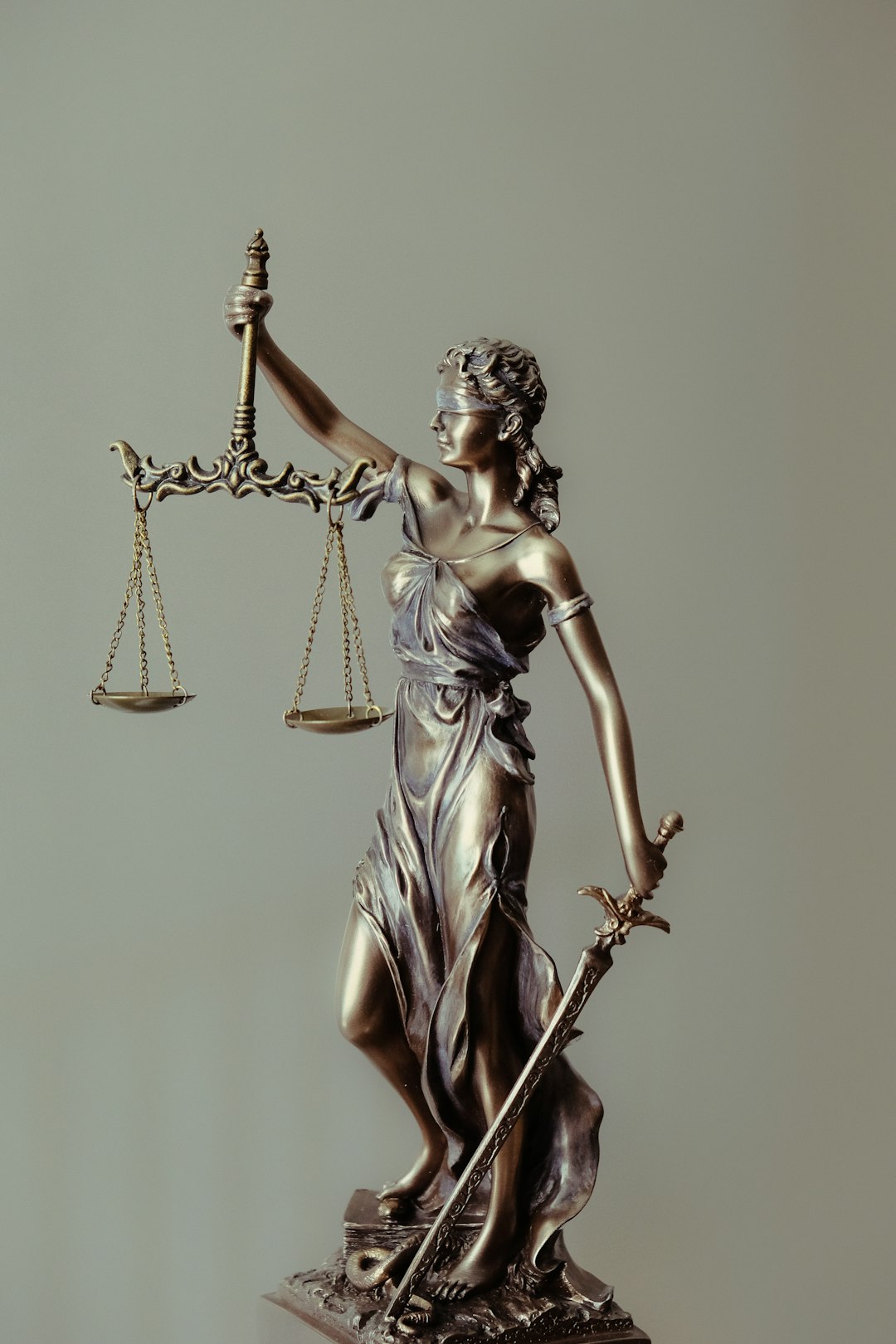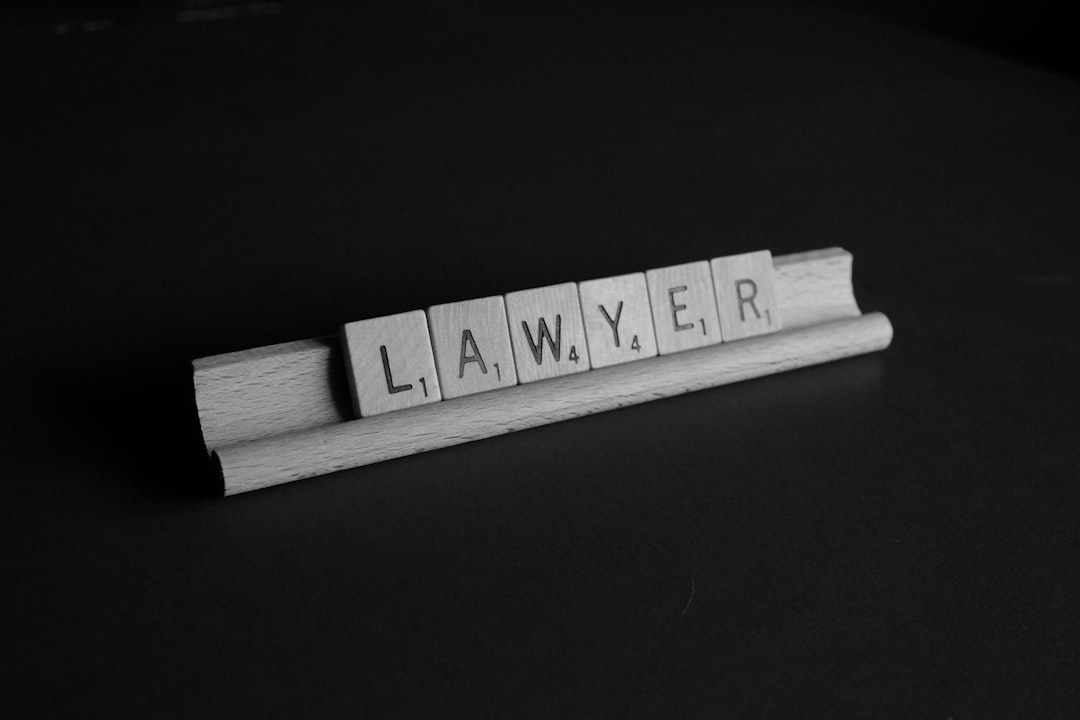Librarians in Philadelphia are vital watchdogs for sexual abuse, especially among children and teens, identifying red flags like social withdrawal, secrecy, and unusual behavior. They receive specialized training to recognize trauma signs, report suspected abuse, and connect survivors with sexual abuse lawyers in Philadelphia, PA. Their community engagement and legal mandate to report potential abuse ensure crucial support and justice for victims.
In Philadelphia, PA, librarians play a vital role in identifying signs of sexual abuse. This article explores their unique position in recognizing behavioral red flags among victims, highlighting the importance of resources and specialized training tailored for local librarians. We also delve into the legal implications and support systems available for survivors, emphasizing the crucial partnership between librarians and sexual abuse lawyers. By understanding these dynamics, librarians can better assist those affected by this sensitive issue.
Recognizing Behavioral Red Flags in Victims

Librarians play a unique and vital role in identifying potential signs of sexual abuse, especially among vulnerable populations like children and teenagers. They are often one of the first people to interact with patrons on a regular basis, providing them with an excellent opportunity to notice behavioral changes or red flags.
Red flags may include sudden withdrawal from social activities, extreme shyness or fear when discussing certain topics, or unusual secrecy regarding personal belongings and reading materials. A sexual abuse lawyer in Philadelphia, PA, would agree that librarians should be alert for any suspicious behavior, such as frequent and unexplained absences, changes in demeanor, or attempts to avoid specific sections of the library, especially those related to sex education or relationships. These observations can be crucial in identifying potential victims and connecting them with the necessary support and legal services.
Resources and Training for Philadelphia Librarians

In Philadelphia, librarians play a vital role in identifying signs of sexual abuse, often serving as the first line of support for vulnerable individuals and families. To equip them effectively, various resources and training programs are available. Local libraries collaborate with non-profit organizations and government agencies to provide ongoing workshops on recognizing red flags, understanding child development milestones, and knowing when and how to report suspected abuse. These sessions cover a range of topics, from identifying behavioral changes indicative of trauma to navigating the legal system, including connecting survivors with sexual abuse lawyers in Philadelphia, PA.
The training emphasizes the importance of confidentiality and privacy while teaching librarians practical skills for assessing situations and offering appropriate support. Resources include digital databases with relevant literature, government guidelines, and hotlines for reporting and crisis intervention. Such initiatives not only enhance librarians’ capabilities but also foster a culture where every member of the community, including those behind the reference desk, is attuned to the signs of sexual abuse and equipped to provide initial assistance.
Legal Implications and Support for Survivors

In Philadelphia, as in many places, librarians play a critical role in identifying potential signs of sexual abuse due to their regular interaction with the community. However, their duties extend beyond immediate intervention. Librarians are often the first to notice unusual behaviors or patterns that might suggest a child is at risk or has experienced sexual abuse. This observation can lead to crucial legal implications and support for survivors.
In such cases, librarians should remember that reporting suspected abuse to local law enforcement or child protective services is legally mandated in Pennsylvania. Moreover, encouraging survivors to seek help from sexual abuse lawyers in Philadelphia PA can provide them with the necessary legal recourse and support. These professionals specialize in navigating complex legal systems and ensuring justice for victims, which complements the crucial initial step of reporting taken by librarians and other community members.






